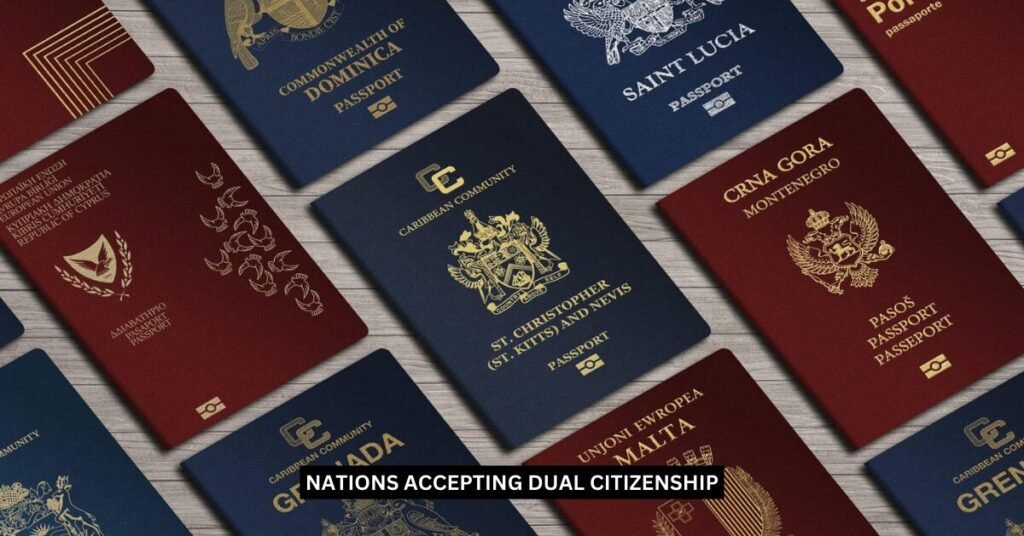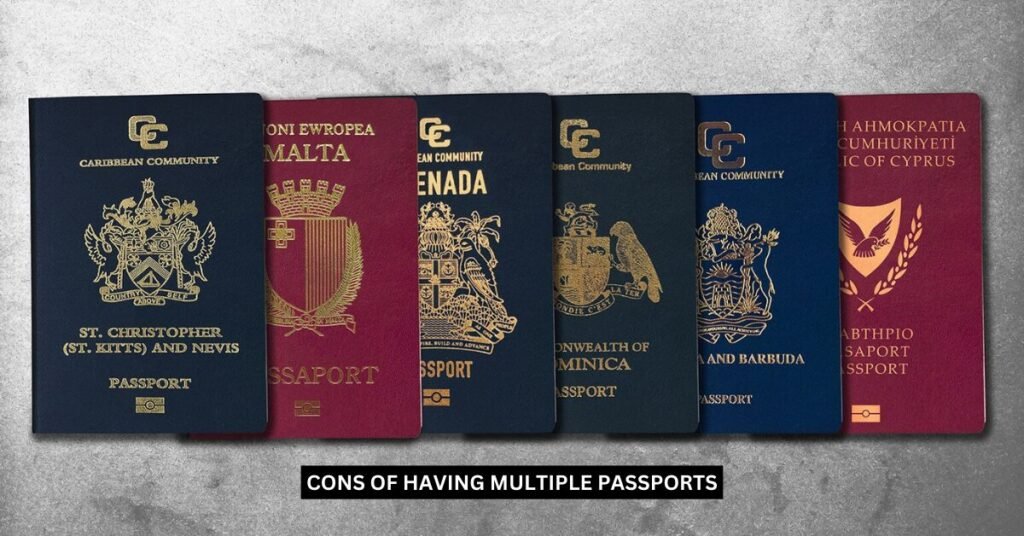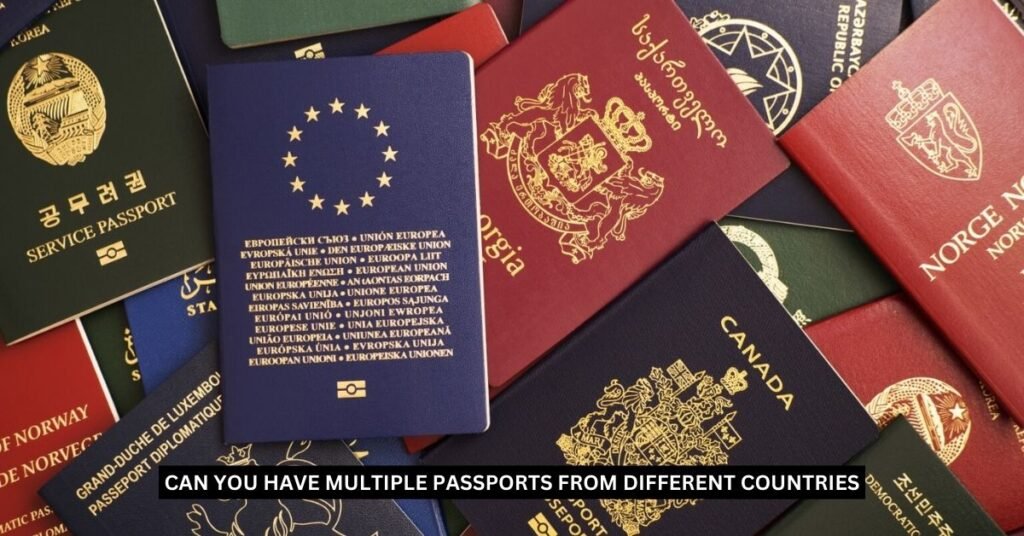The idea of having several passports has become both a practical requirement and a symbol of global interconnectedness in an era where globalization is changing citizenship laws. The ability to hold dual or multiple citizenships allows people to be citizens of numerous countries at the same time, which presents a variety of benefits and difficulties. This thorough analysis dives into the complexities of dual citizenship, emphasizing advantages, disadvantages, subtle legal issues, and practical considerations.
Table of Contents
ToggleAccepting Diversity: Understanding Dual Nationality
Being a dual citizen means having citizenship in more than one country, a concept that has become more and more popular as cultures grow more intertwined. Basically, dual citizenship gives people the ability to keep their legal connections to more than one nation, giving them advantages and rights in other nations.
Nations Accepting Dual Citizenship: An International View

The idea of dual citizenship has been welcomed by a wide range of countries from different continents and cultures, perceiving its potential to promote international involvement and improvement of societies. At least 90 countries permit or allow dual citizenship, according to the United Nations International Migration Report in 2020. The United States, Canada, the United Kingdom, Australia, and other European nations are significant examples.
Multiple Passport Benefits: Unlocking Opportunities
Having more than one passport is tempting because it can change people’s lives by providing them with access to a number of resources and possibilities that exist outside a singular boundary. In comparison to those who only hold one nationality, people who hold two citizenships typically have greater incomes and educational opportunities, according to an OECD research.
Improved Mobility: The benefit of not needing a visa to enter more countries is enjoyed by dual nationals, making business trips, vacations, and cross-cultural interactions easier.
Increased Employment Opportunities: Having several citizenships makes it possible for people to access global networks and achieve employment prospects abroad in a variety of labour marketplaces.
Possibilities for Education: Those with dual nationalities can take use of grants, scholarships, and academic exchanges to further their education in several countries.
Benefits of Social Welfare: Increased financial stability and well-being, dual nationals may be eligible for social welfare benefits, healthcare coverage, and retirement benefits in each of their countries.
Cons of Having Multiple Passports: Overcoming Difficulties

Although having dual citizenships has many benefits, there are difficulties and nuances that people must deal with. Among the negative aspects are:
Tax Repercussions: Dual citizens may have to pay taxes in more than one country, which could make tax compliance and reporting more difficult. In order to maximise tax planning tactics, managing dual taxation can be difficult and may call for expert assistance, according to a Tax Foundation analysis.
Legal Responsibilities: Dual citizens could be bound by laws in both of their citizenship countries, such as those pertaining to mandatory military duty. It can be difficult to carry out these duties, especially if they go against international laws or norms.
Diplomatic Difficulties: Having multiple citizenships can lead to diplomatic difficulties, especially when the other countries do not recognize or accept dual citizenship. In the areas of consular services, foreign relations, and diplomatic representation, people may face difficulties.
Identifying yourself and the feeling of belonging: Navigating the difficulties of numerous national, cultural, and linguistic attachments can lead to problems of identity and belonging for those who hold dual citizenship. It can take a lifetime to find equilibrium between multiple identities and develop a strong sense of self.
Practical and Legal Aspects to Consider: How to Get Around the Maze

Before adopting dual citizenship, people need to consider all of the practical and legal ramifications. A paper published by the International Labour Organization states that managing dual citizenship necessitates a sophisticated comprehension of nationality laws, immigration laws, and diplomatic customs. Important things to think about are:
Legal Structure: To comprehend the requirements for eligibility, the application procedure, and any potential limitations related to dual citizenship, it is imperative to conduct research on the legal framework of each individual nation.
Tax Guidance: Individuals can optimize their tax planning tactics and assure compliance with tax requirements in each of their citizenship countries by consulting with tax professionals who are knowledgeable about international tax legislation.
Representation in Diplomacy: It can be easier for people to get support and assistance when they travel or live overseas if it is made clear what diplomatic representation and consular services are available to dual citizens.
Conclusion : Adopting a Global Perspective
In summary, dual citizenship provides a passport to opportunity, enabling people to cross national boundaries and establish relationships with a variety of global communities. The advantages of having several passports are indisputable, despite the difficulties and complications involved.
These advantages include more mobility, access to a wider range of employment options, improved education, and social welfare benefits. People can embrace the benefits of global citizenship and help create a more wealthy, inclusive, and interconnected world for future generations by carefully navigating the legal and practical considerations.

